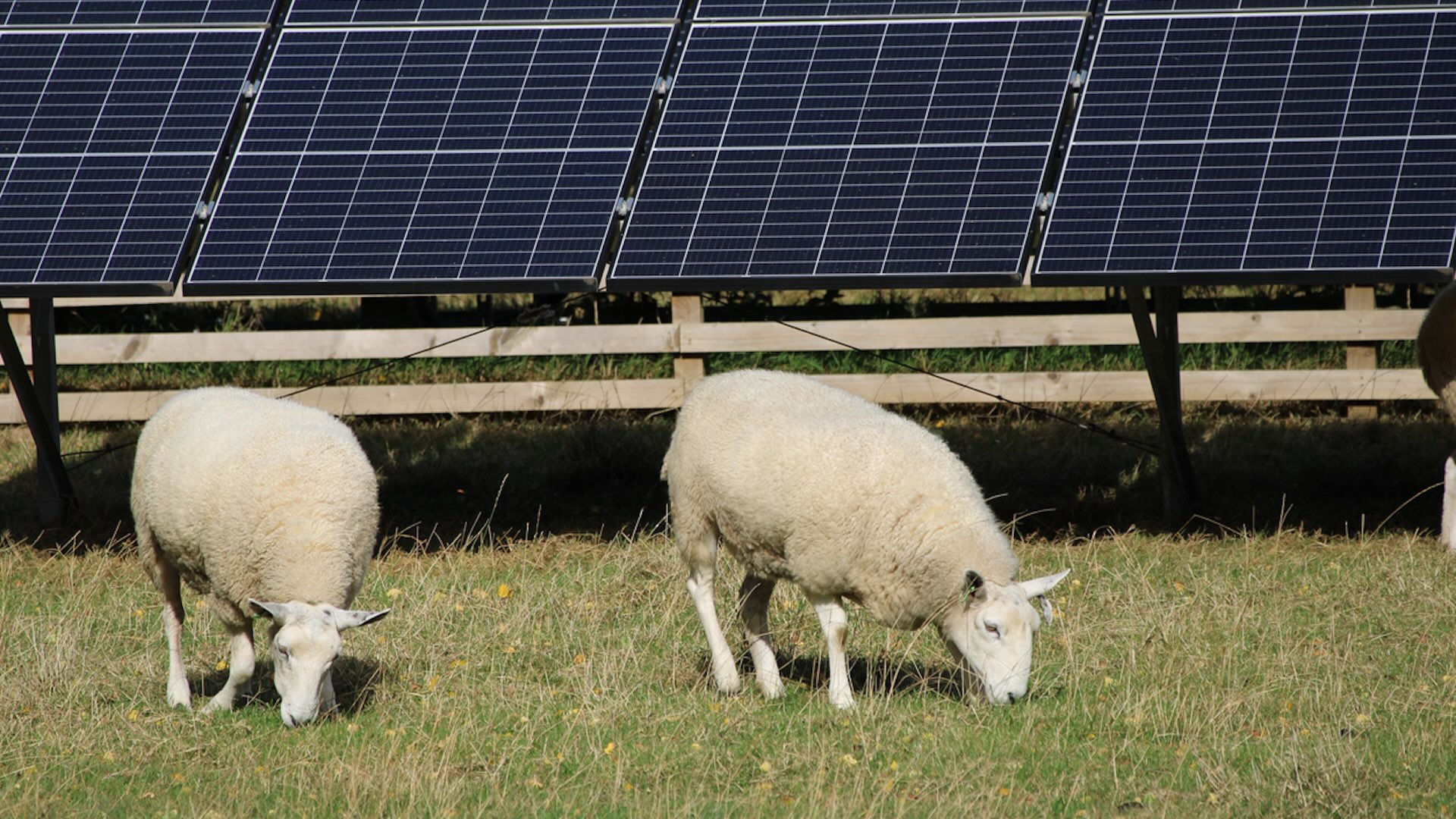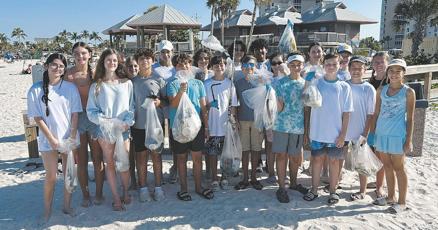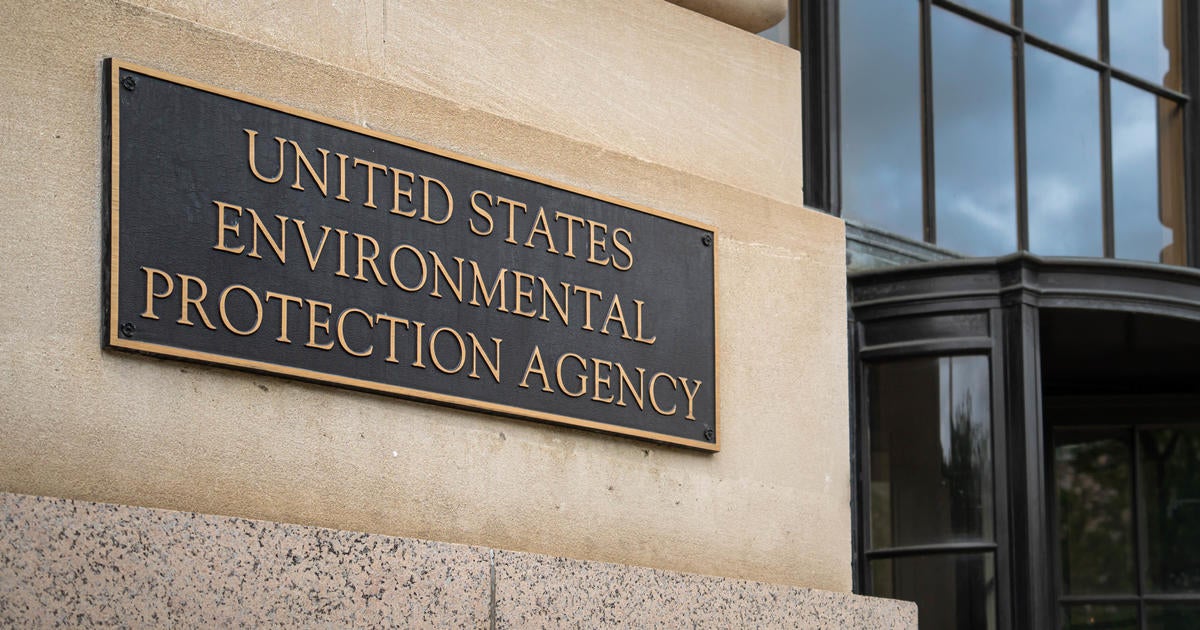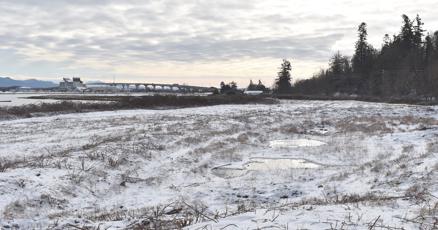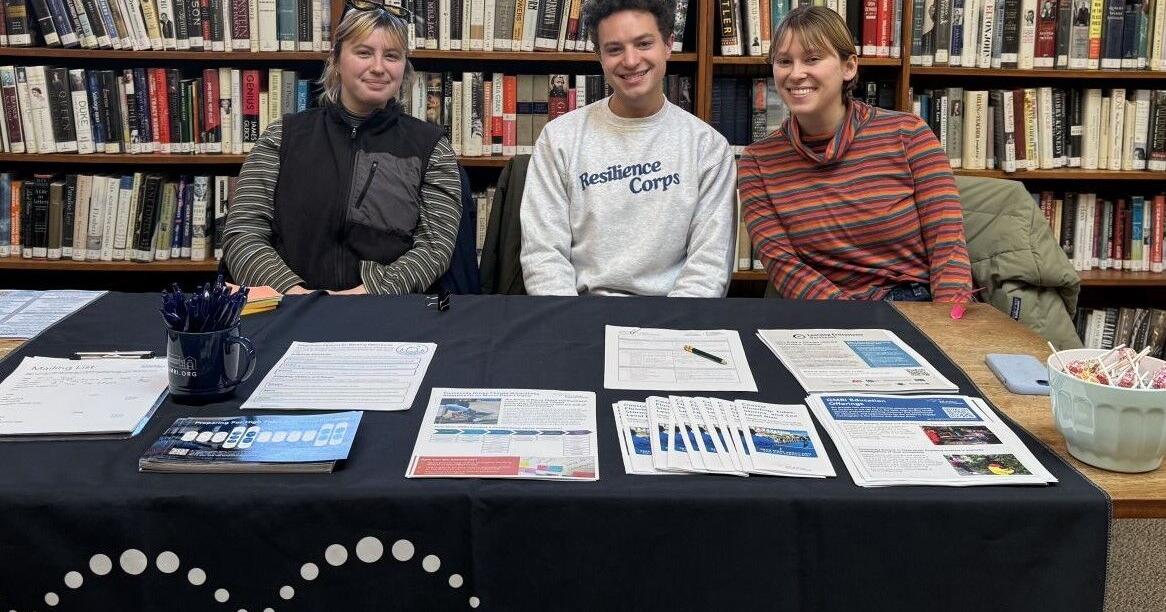
Salmon Farming Controversy: Norway Stands Firm Against Industry Shutdown
In the face of mounting environmental concerns, Norway's wild salmon populations are experiencing a critical decline. Despite the growing ecological challenges, the country's climate and environment minister has decisively rejected proposals to halt open-net fish farming, signaling a complex stance on marine conservation and aquaculture. The minister's stance highlights the delicate balance between preserving Norway's iconic wild salmon and maintaining the economic importance of the fish farming industry. While environmental advocates continue to push for stricter regulations, the government appears committed to finding alternative solutions that do not involve completely shutting down current aquaculture practices. This decision underscores the ongoing tension between environmental protection and economic interests, particularly in a country where marine resources play a significant role in both the national economy and cultural identity. As wild salmon populations struggle, the debate around sustainable fishing practices remains at the forefront of Norway's environmental policy discussions.




